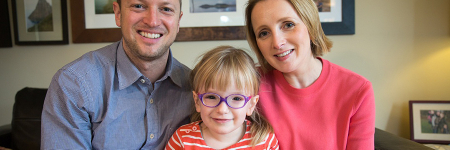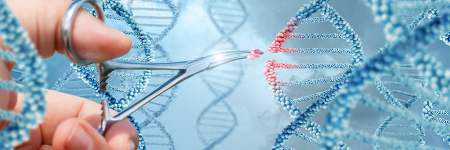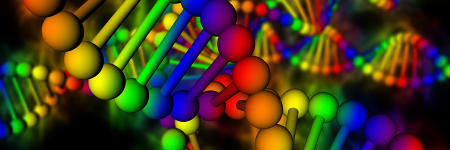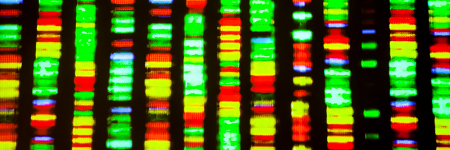
The ‘beginning of the end’ for cancer chemotherapy?
As the first patients join Genomics England’s cancer programme, what does the future look like for treatment and prevention?

Genome sequencing - past, present and future
How has sequencing evolved? And will whole genome sequencing replace other technologies as clinicians’ go-to diagnostic test?

Answers for 100,000 Genomes Project participants
The first genomic diagnoses for rare disease as part of the pioneering project highlight the importance of personalised medicine

Human gene editing: where do we draw the line?
Advancements in our ability to alter the human genome have sparked fresh debate over ‘designer babies’ and health ethics

More than skin deep: genomics and dermatology
Improved understanding of the genetic basis of skin conditions is enabling better treatment for patients

Almost a miracle: gene-edited cells that can cure cancer
Since Layla Richards was cured of acute lymphoblastic leukaemia, attention has turned to the possibilities of genome engineering

Huntington disease and the potential of gene silencing
Will genomic therapy be the key to treating one of the UK's most devastating degenerative diseases?

Personalised medicine will be at the heart of the future NHS
The future of the NHS will be a personalised medicine service with genomics at its core, according to a new strategy adopted by NHS England

Data: the heart of personalised medicine
With genomics high on the agenda, international initiatives bring together healthcare and technology to better understand complex information

Progress for personalised cancer therapies
Thanks to a wave of research projects, genomics is beginning to unravel the complexities of cancer and guide treatment for patients

The growing importance of genomics for rare disease
Genomic technologies are paving the way for new diagnoses, treatments and therapy for patients with rare and ultra-rare disease

The role of genomics in assisted reproduction
As medical understanding of genetic variation increases, genomic technologies are providing hope for assisted reproduction


